CHRONIC PROSTATITIS NATURAL TREATMENT
Infection of the prostate gland. Germs can come from outside through the urethra or come in through the blood. It can be due to endoscopic investigations, the introduction of instruments through the urethra to the bladder.
There is an acute form and a chronic form, with the presence of small abscesses, often due to an acute form that is poorly treated. Chronic prostatitis is not necessarily the sequel of acute prostatitis but of a recurrent urinary tract infection. Discover the natural treatment based on medicinal plants to cure prostatitis permanently without operation. Click on the image below to discover this natural treatment.
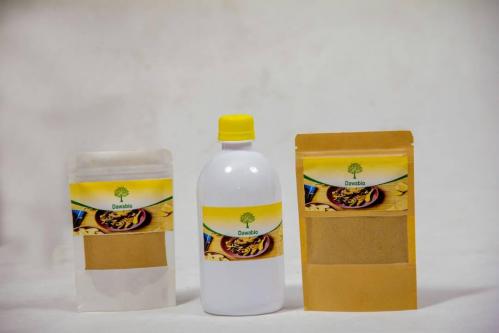
Our natural remedy is made of plants effective in treating prostatitis and some other male sexual problems. We have selected the best plants Africa had to offer to treat prostatitis.
To contact our experts please call or write to us on the following number, tel / WhatsApp
+22996374527
WE DELIVER ALL OVER THE WORLD
The functional disorders from there one would be defined by the term "prostatism" which includes: pollakiuria, dysuria, urgent urination.
If natural solutions exist, let's be clear: we are not kidding with prostate pathologies. Therefore, in cases of prostatic adenoma with acute urinary retention (RAU, in short, one can no longer urinate), or cancer of the gland, it is not allowed to stop allopathic treatment for natural therapeutic strategies. They can, however, be perfectly complementary.
Furthermore, we keep repeating it, self-treatment and self-medication are to be avoided. A true naturopath, or any health worker worthy of the name, is a professional who establishes sensitive protocols adapted to each case and each patient. However, the rules that we are going to advise you to follow our common sense and will give you an idea of the remarkable range that complementary medicines offer.
Some tips to get rid of prostatitis
Tobacco is taboo
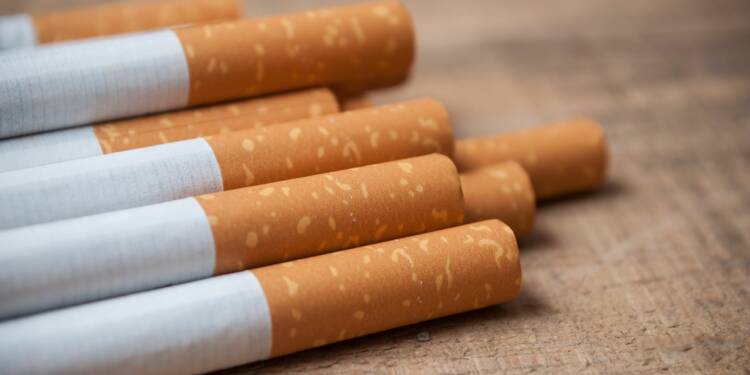
First of all, it should be noted that losing weight is a prerequisite. As in many cases, being overweight weighs (no pun intended) on the health balance. A diet too high in calories increases all types of cancer, especially prostate cancer. Studies have shown that reducing calorie intake has a beneficial effect on prostate cancer.
Eliminating tobacco is also obvious. In smokers, prostate cancer - which is, as we have said, a slowly growing cancer - is more aggressive and more advanced than in non-smokers. Tobacco increases the risk of developing prostate cancer by 30%. In addition, smoking stimulates the growth of prostate cells. In question, the cadmium contained in the volutes.
Food
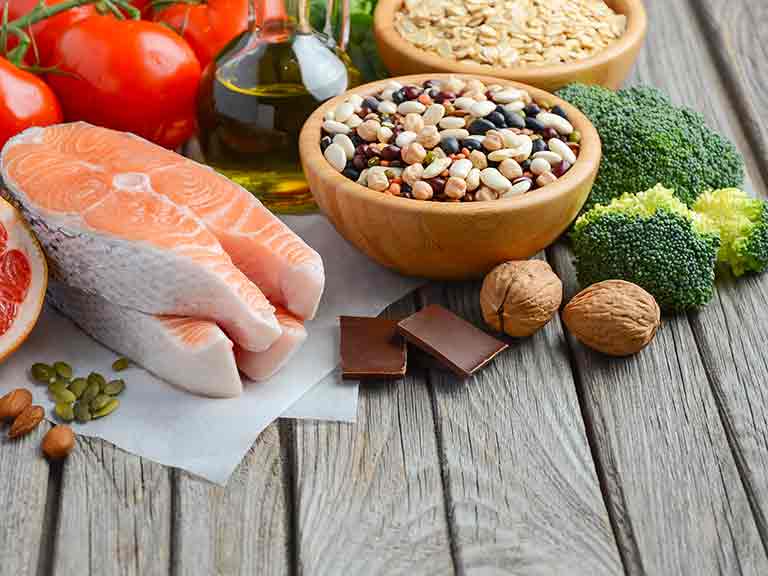
For effective food reform, the indications are often the same. It is therefore advisable to favor a balanced diet in proteins, carbohydrates and lipids, of organic quality, seasonal (and therefore adapted to each of them), and according to the needs of each one. Fruits and vegetables, therefore, rich in vitamins, minerals, and antioxidants, and fibers. If possible, we will prepare and consume these products as less cooked as possible to preserve the nutritional elements they contain and thus ensure optimal bio-assimilation. (except in certain cases, such as in people suffering from colitis, who will favor fruit or vegetable juices).
Avoid saturated animal fats and prefer unsaturated fats. We recommend consuming mackerel, sardines, herring, walnuts and first cold-pressed virgin and organic vegetable oils for the lipids essential to our cells. For zinc, opt for almonds and pumpkin or squash seeds, but also oysters and brewer's yeast. Zinc has the advantage of inhibiting the activity of the 5-alpha reductase enzyme which allows the transformation of testosterone into dihydrotestosterone, responsible for the enlargement of the prostate. Limit dairy products.
Herbs That Relieve Infectious Prostatitis
The many virtues of plants are often overlooked by patients who systematically go to a doctor at the first signs. In fact, it is possible to relieve yourself with plants when you have infectious prostatitis.
First make sure that there are lots of fruits and vegetables in your diet, especially:
> The broccoli, the cabbage flower or spinach.
> Apples, olives, black cherries, berries, citrus fruits, and grapes go a long way in reducing the signs of prostatitis, as these fruits are rich in quercitrin: an anti-inflammatory plant compound.
As far as plants are concerned, the seeds of squash have proved their worth in restoring hormonal balance through their action on the muscles of the bladder.
Palmetto plants in preparation reduce pain, while poplar regulates prostate, and penis gold regulates the kidneys.
Professionals also recommend nettle which helps to treat urinary tract dysfunctions: difficulty urinating, poor urine flow. The roots and leaves of nettle combined with opuntia and small-flowered fireweed flowers facilitate urination.
Hay flowers also have positive effects on the prostate.
To talk more about nettle:
Nettle roots

Stinging nettle or stinging nettle (Urtica dioica ) is often cited for its anti-inflammatory properties and for preventing the growth of prostate tissue. For this indication, it is the root that is used, especially at the beginning of the disorders, because it would make it possible to slow down the evolution of the adenoma and to reduce the frequency of urination. If the quality of scientific studies in this area is sometimes deemed insufficient, the European Commission, as well as the WHO (World Health Organization), nonetheless recognize as "clinically established" its use in "the treatment of urine emission problems associated with mild to moderate benign prostatic hypertrophy, when the absence of prostate cancer is proven". Doctor Jean-Michel Morel, who teaches herbal medicine at the faculty of Besançon, recommends nettle roots in the form of EPS (in pharmacies) at the rate of a teaspoon of 5 ml in the evening before meals in a glass of water. We can also consider consuming the roots in decoction (one teaspoon of dry roots per cup of water to boil for 5 minutes then let infuse 10 minutes, three times a day).
Saw palmetto and African plum

Frequently associated with nettle, saw palmetto or Florida palm ( Serenoa repens Small), formerly known as Sabal serrulata, is the other plant associated with the prostate and urination disorders in herbal medicine. It is the fruits of this small palm tree from the United States that are used and presented in the form of medicine. More than ten studies demonstrate its effects on the frequency of urination (and nocturnal awakenings). The bark of the African plum ( Prunus Africana ) has similar effectiveness, but this large tree native to Madagascar is said to be endangered, and for this reason, it is best to turn to Florida's palm.
Fireweed
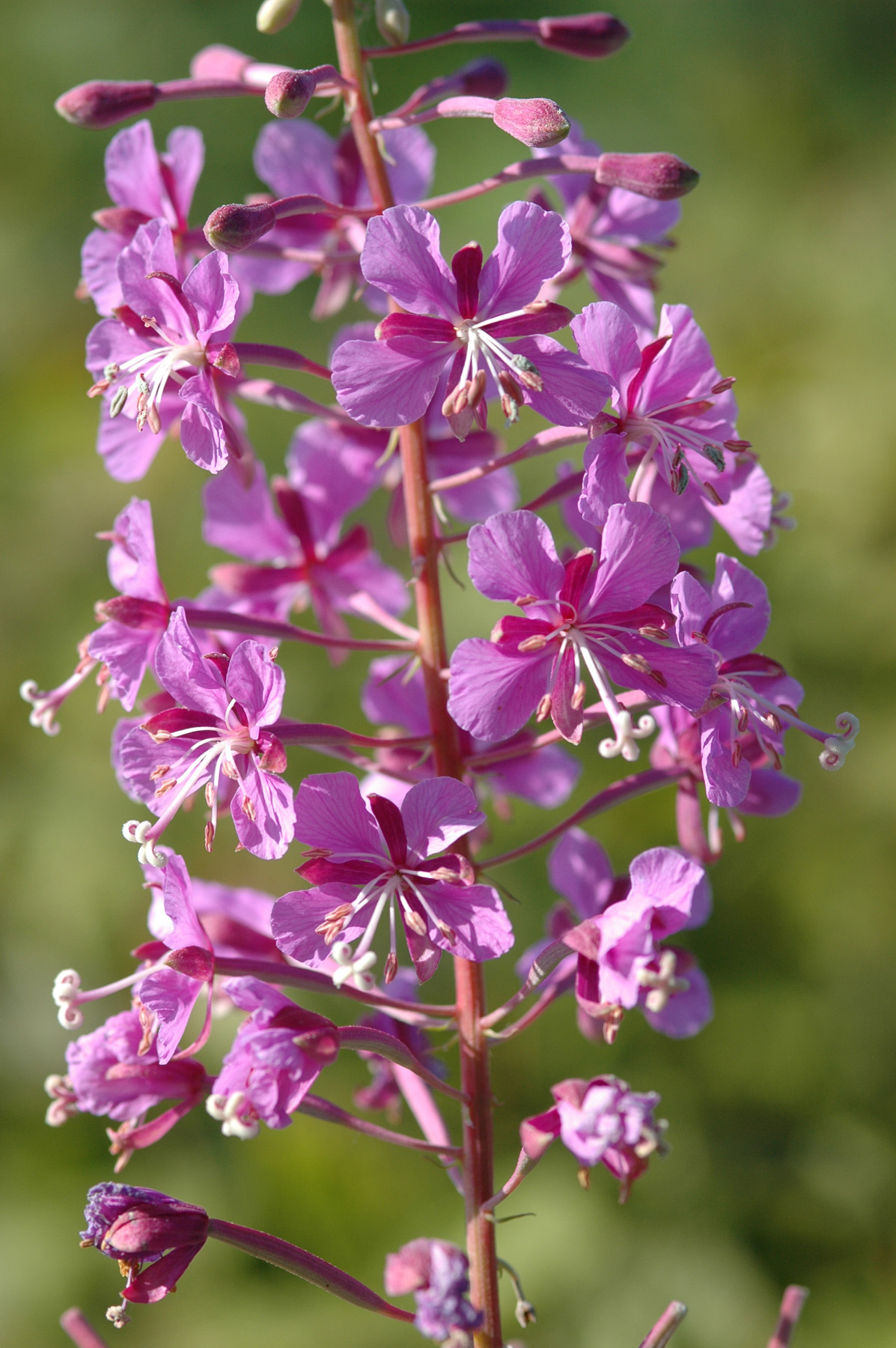
This beautiful pink flower, common in the Alps, shows promise for treating an enlarged prostate. Dr. Kurt Hostettmann, a leading phytomedicine researcher, tells how he discovered their properties: "At the age of 65, my own father had problems with urination and he refused the prostate surgery he was offered. I had read that Maria Treben, an Austrian herbalist, recommended this plant, as she had observed in entrenched valleys of Austria. that it was consumed in herbal tea, as a tea substitute, and that prostate surgery was much less important there than elsewhere. It wasn't based on any scientific study, but I suggested my father try it. What he did. Morning and evening he took his fireweed infusion, and after three to four weeks his nighttime urination decreased markedly. He never had prostate problems again until his death nearly twenty-five years later. "On the strength of this first experience, Dr. Hostettmann then entrusted this subject of his doctoral thesis to one of his young collaborators. .
Fireweed was effectively effective in fighting prostate adenoma, limiting the number of urinations, strengthening the urinary stream and flow, by the same mechanism as that of current synthetic drugs (inhibition of 5-alpha reductase, the enzyme responsible for hypertrophy). The active ingredients of the plant are mainly present in the tannins, which are soluble in water. Hence its effectiveness in the form of herbal tea (for example 20 days per month). There are several varieties of fireweed, and the recommended ones are the fireweed ( Epilobium parviflorum Schreb) because they contain as many active ingredients, but less tannins, which could in the long run irritate the stomach. Some research suggests the usefulness of fireweed against prostate cancer cells, but this remains to be confirmed.
Pumpkin seeds
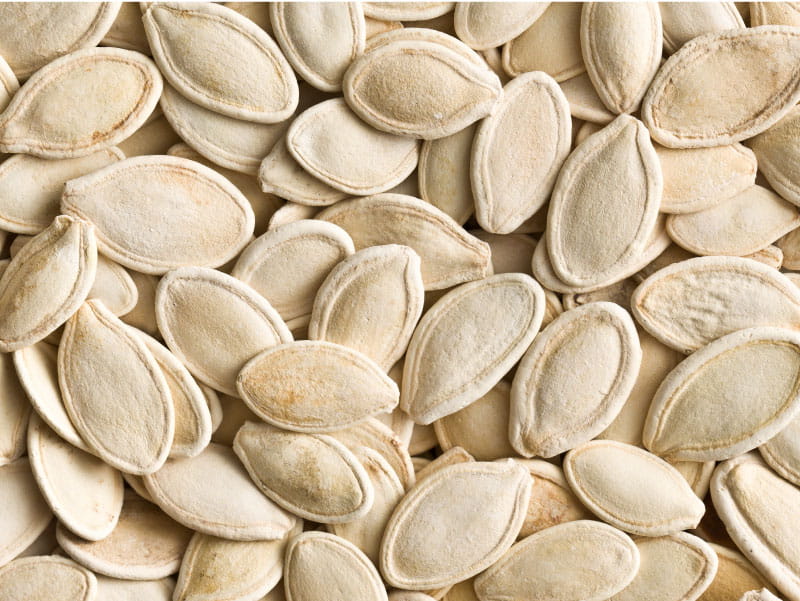
Finally, pumpkin seeds are also frequently cited to reduce the symptoms of benign prostate adenoma and are well known to Germans for this property. They are easily found in any store, and if their virtues on the prostate are not fully established, their richness in nutrients makes them an interesting health food to consume daily.
Against prostate cancer: coffee and tomatoes


No plant to date can accompany or cure prostate cancer. On the other hand, in prevention, a large study carried out among 48,000 people by the National Cancer Institute was able to establish that consumption of 6 cups of coffee per day reduced the risk of 60% of being affected by cancer of the prostate. Unfortunately, consuming so much coffee daily is not reasonable: in addition to a phenomenon of dependence, excess caffeine causes many side effects, such as nervousness, restlessness, anxiety, palpitations, insomnia, stomach irritation. , diarrhea ...
The good news, decaffeinated offers the same virtues. It is indeed the polyphenols in coffee, and not caffeine, which gives it these preventive properties. A similar study published by the same institute also showed that consuming cooked tomatoes two to three times a week reduces the risk of developing prostate cancer by a third (compared to occasional consumption). Finally, a healthy lifestyle remains effective prevention: avoiding exposure to toxic products, including pesticides (farmworkers are more exposed to this cancer), being active and limiting the consumption of red meat, cold meats, and cheeses, fatty, while favoring large rations of fruits, vegetables and fish.
Some other plants that help with prostate problems
- BUCHU: This plant comes from Africa and is considered a urinary antiseptic. It contains an oil that increases urine production
- Chamomile: An infusion or tea is believed to have calming effects on cramps or painful symptoms in the genitourinary system. Combines well with valerian and marshmallow.
- Garlic: Good for spasms and cramps. Combines well with Echinacea and Goldenseal to treat microbial activity.
- Cramp Bark: Bark Has antispasmodic, sedative, nervine and astringent properties. Designed to have potent antispasmodic effects on the genitourinary system in both men and women.
- Pumpkin Seeds: Pumpkin seeds are a natural source of zinc and linoleic acid (vitamin F). It is believed to play an important role in decongesting the prostate and reducing residual urine.
- Watermelon Seeds: Help prevent excessive urine buildup due to prostatitis and BPH. Works well with Uva Ursi and Buchu.
To contact our experts please call or write to us on the following number, tel / WhatsApp +22996374527
 First Phytotherapy Boutique Tel: +229 66 23 89 56 FREE DELIVERY ALL OVER THE WORLD
Your Health, Our Priority. Be fearless with us
First Phytotherapy Boutique Tel: +229 66 23 89 56 FREE DELIVERY ALL OVER THE WORLD
Your Health, Our Priority. Be fearless with us